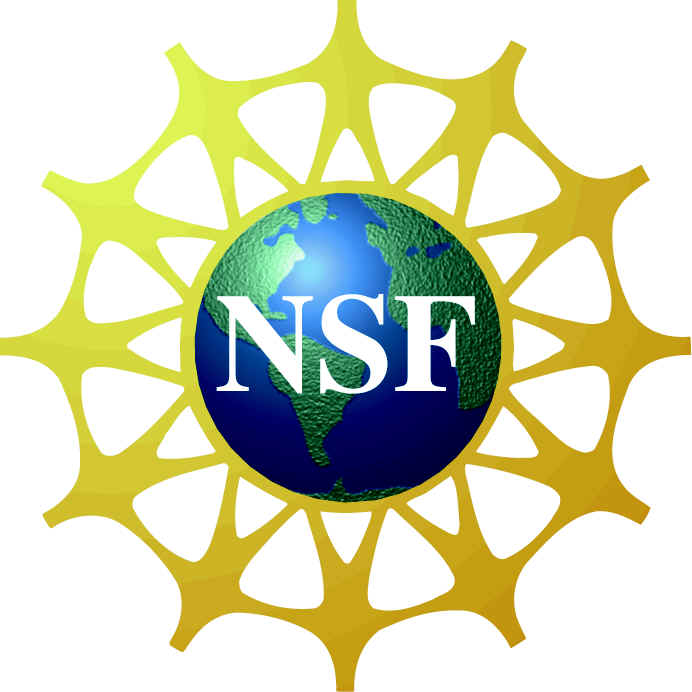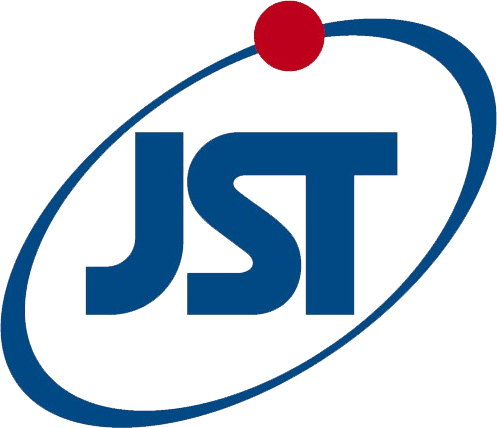Welcome
Sensor and actuation technologies play a critical role in the design and construction of modern engineered systems spanning from industrial machines to large-scale civil infrastructure systems. Sensors platforms include the sensing transducer and often signal processing and sensor networking capabilities. Actuation technologies include actuators, processing units (e.g., controllers) and sensors integrated within a closed-loop feedback system. Sensors and monitoring systems are widely used to monitor civil infrastructure systems (e.g., bridges, pipelines, buildings), industrial machines (e.g., manufacturing equipment), transportation vehicles (e.g., aircraft, cars, ships), human health (e.g., blood pressure, biomarker), among many others. Similarly, actuation systems are used to operate manufacturing equipment, aircraft, among many other important systems. The past two decades has witnessed an explosion in enabling technologies such as embedded electronics, wireless communications, miniaturization technology, nanotechnology and information technology. In particular, the convergence of many of these technologies into a single platform has had a profound impact on sensing and actuation technology. While sensing and control technologies continue to improve in many engineering disciplines, there is a dire need to accelerate the development of sensing and actuation technologies for the sustainable performance and functional enhancement of many engineered systems. While physics and chemistry have historically driven the major advances in sensing and actuation in the 20th century, comparatively less focus has been paid on biology.
This
workshop aims to establish a comprehensive U.S.-Japan collaborative
research
program that aims to fundamentally explore how recent advances in the
biological fields can be leveraged to engineer the next-generation of
sensors
and actuators.

